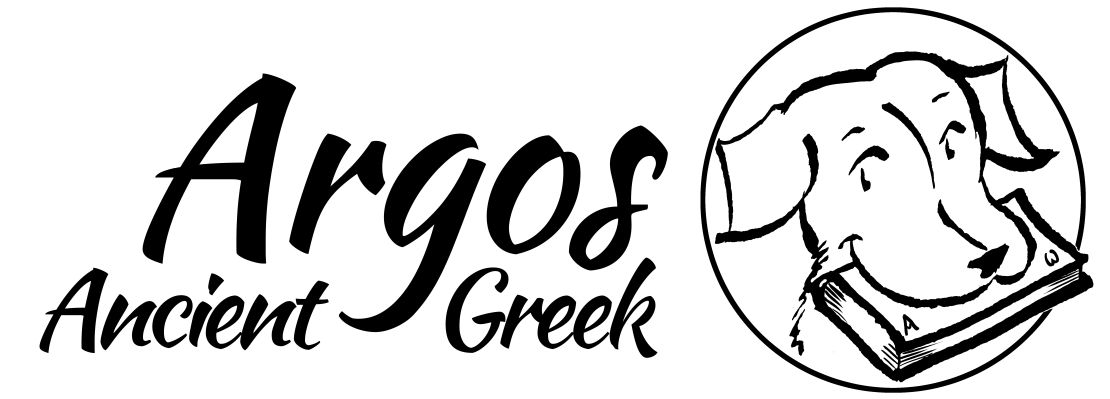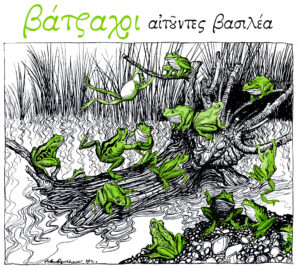ΓΑΛΗ ΕΡΑΣΘΕΙΣΑ
γαλῆ ἐρασθεῖσα νεανίσκου εὐπρεποῦς ηὔξατο τῇ Αφροδίτῃ, ὅπως αὐτὴν μεταμορφώσῃ εἰς γυναῖκα. καὶ ἡ θεὸς ἐλεήσασα αὐτῆς τὸ πάθος μετετύπωσεν αὐτὴν εἰς κόρην εὐειδῆ. καὶ οὕτως ὁ νεανίσκος θεασάμενος αὐτὴν καὶ ἐρασθεὶς οἴκαδε ὡς ἑαυτὸν ἀπήγαγε.
καθημένων δ’ αὐτῶν ἐν τῷ θαλάμῳ ἡ Αφροδίτη γνῶναι βουλομένη, εἰ μεταβαλοῦσα τὸ σῶμα ἡ γαλῆ καὶ τὸν τρόπον ἤλλαξε, μῦν εἰς τὸ μέσον καθῆκεν. ἡ δὲ ἐπιλαθομένη τῶν παρόντων ἐξαναστᾶσα ἀπὸ τῆς κοίτης τὸν μῦν ἐδίωκε καταφαγεῖν ἐθέλουσα.
καὶ ἡ θεὸς ἀγανακτήσασα κατ’ αὐτῆς πάλιν αὐτὴν εἰς τὴν ἀρχαίαν φύσιν ἀποκατέστησεν.
οὕτω καὶ τῶν ἀνθρώπων οἱ φύσει πονηροί, κἂν φύσιν ἀλλάξωσι, τὸν γοῦν τρόπον οὐ μεταβάλλονται.
The Weasel in Love
A weasel, having fallen in love with a handsome young man, prayed to Aphrodite that she may turn her into a woman. And the goddess, taking pity on her suffering, transformed her into a pretty girl.
And thus the young man, seeing her and falling in love with her, led her into his home (lit. “homewards to himself”). But when they were sitting in the bedroom, Aphrodite, wanting to know whether the weasel after having changed her body had also changed her character, sent down a mouse into the middle (of the room).
The weasel, forgetting everything (lit. “forgetting the [things] present”) and getting up from the bed, chased the mouse wanting to devour it. And the goddess, getting angry at her, turned her again into her old appearance.
Thus also those humans who are naturally bad, even if they change their outward appearances, do certainly not change their character.






